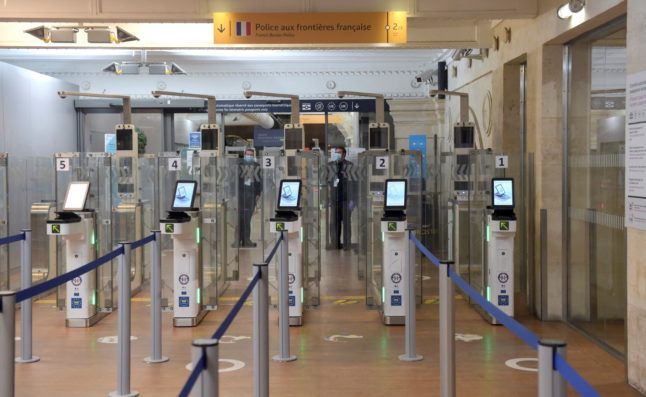Last year, in response to numerous legal claims from neo-rurals complaining about the sights, sounds and smells of village life, French lawmakers passed a bill protecting the countryside’s ‘sensory heritage’.
Now, the limits of that law are being tested as a second homeowner in southwest France takes a neighbour to court over the noise made by their cockerel. We explain it all here.
Cockerel in legal case to test France’s new law to protect rural heritage
Now, some urbanites might not like the business end of food production in France, but there’s no doubt that the end result is hugely popular.
Holidaymakers are known to stock up on a little French cheese, wine and sausage while they’re here – but what does the UK government’s latest announcement on Brexit checks mean for travellers wanting to take food back into the UK? We have the answers.
Can I take French meat, cheese and wine into the UK in 2022?
The post-Brexit carte de séjour was intended for Britons already living in France before the end of 2020 as a relatively easy way to regularise their residency here.
It seems that some second-home owners – perhaps after receiving misleading advice or through a misunderstanding of the system or even the belief that they have found a loophole – have acquired a post-Brexit residency card. And that could cause problems with the French tax man.
As we’re now in tax season, here is what you need to know.
Tax warning for second-home owners with French carte de séjour
Like many languages, French is increasingly addicted to initials and acronyms, which can be confusing for foreigners when used in everyday speech. Here are some of the most common.
SIDA to IRM to RIB: Everyday French initials and acronyms to know
From schools to food, behaviour to sports, being a parent in France has its own unique quirks – here, one dad-of-three explains what raising children here is really like, from the official letter you get when you’re still in the ‘expecting’ phase, to the truth about French children’s behaviour.
Family-centred society: What it’s really like being a parent in France
And then there’s the other end of this thing we call life.
In the week a French woman, Sister André, officially became the world’s oldest person we explain why life expectancy here is so high.



 Please whitelist us to continue reading.
Please whitelist us to continue reading.
Member comments